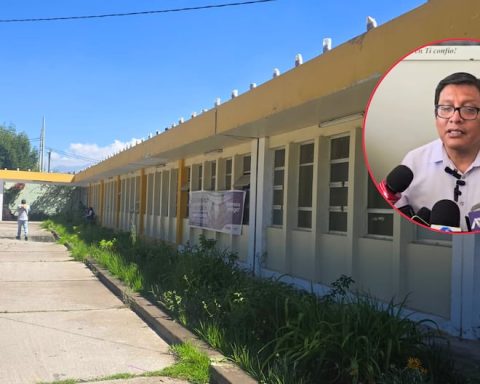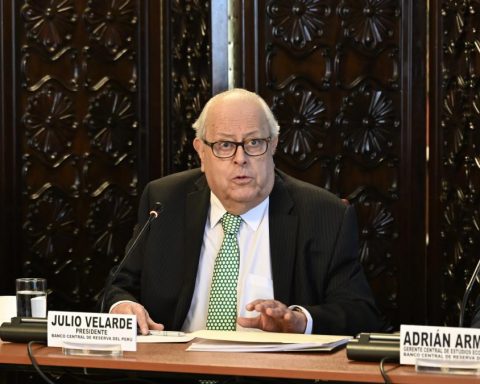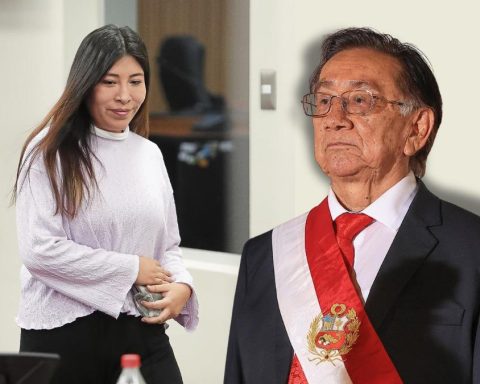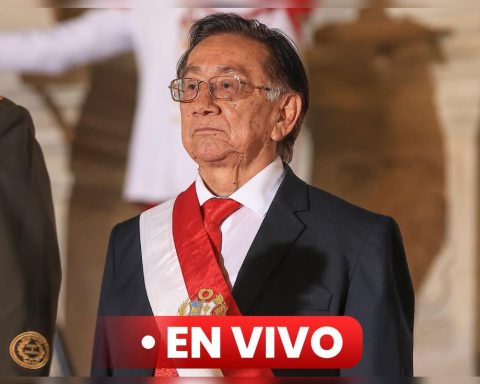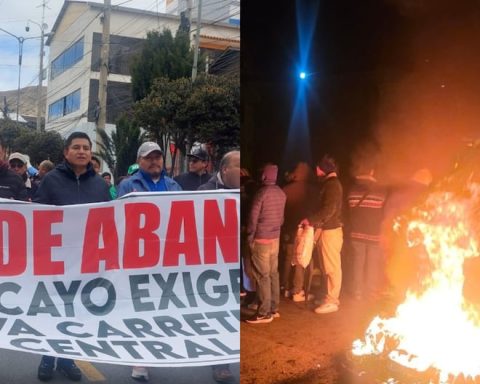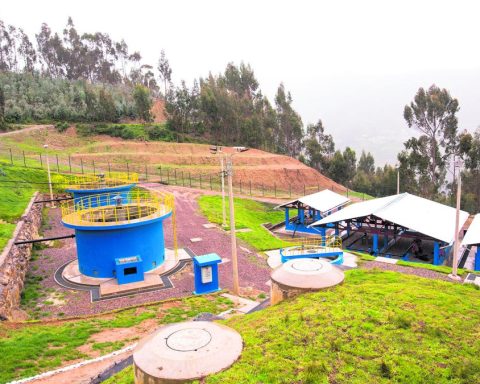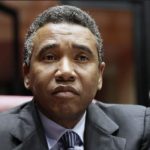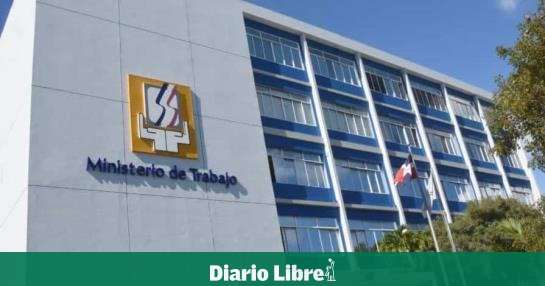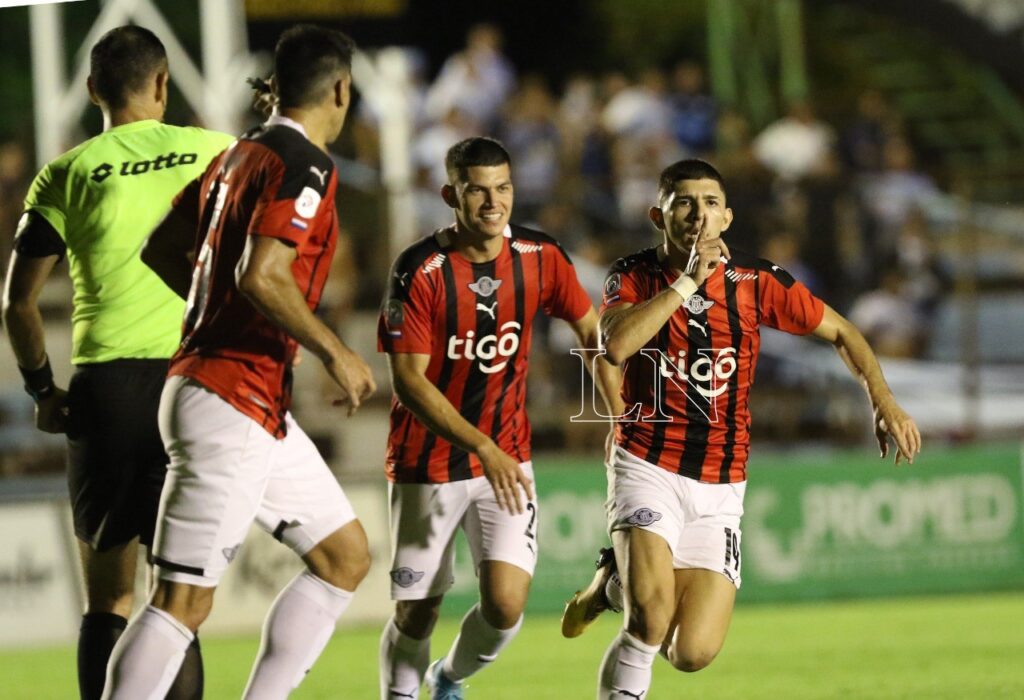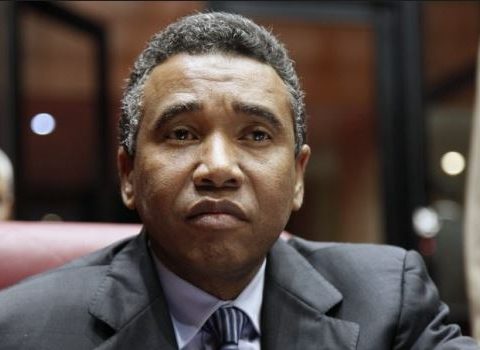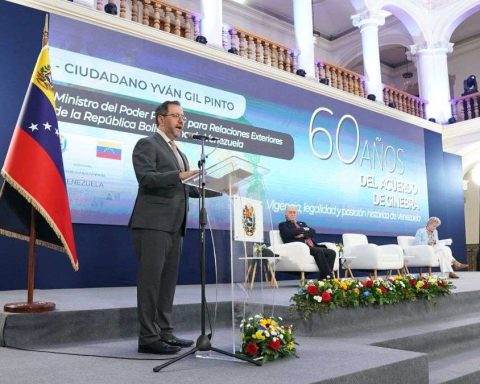The National Election Jury (JNE) considered that several of the amendments proposed by Bills 1224/2021-CR, 533/2021-CR and 823/2021-CR affect the principle of transparency and the avoidance of corruption, among other reasons, by reducing Considerably the sanctions imposed on political organizations and candidates for infractions of the rules on party financing.
Thus, by means of a technical opinion sent opportunely to the Congress of the Republic, it indicated that the Bill 1224/2021-CR is unfeasible insofar as it proposes to reduce the fines to political organizations in the event of violations of the regulations (contributions from a prohibited source or amounts greater than what is permitted, among others), without having due technical support, which could encourage the commission of offenses.
In this way, the proposal proposes to go from a fine of no less than 5 nor more than 15 UIT, to one of no less than 10% of 1 UIT nor more than 1 UIT (minor cases); from a sentence of no less than 16 nor more than 30 UIT, to one of no less than 1 nor more than 2 UIT (serious cases); and from a fine of no less than 31 nor more than 100 UIT, to a fine of no less than 3 nor more than 6 UIT (very serious cases).
SIGHT: Back to school and the flu: how is it transmitted and what can we do to prevent it?
In the case of infractions committed by candidates by not informing the National Office of Electoral Processes (ONPE) on his campaign expenses, the initiative proposes to greatly reduce the current fine, going from a sanction of no less than 10 nor more than 30 UIT, to one of no less than 10% of 1 UIT nor more than 1 UIT.
Given this, the JNE considers that the legality of applicants’ income and expenses is not sufficiently guaranteed. The amount of the fines should not cause concern to those who do not intend to transgress the prohibitive limits.
Regarding the proposition that the Special Electoral Jury (JEE) corresponding would impose a fine of 10% gradually up to the limit of 1 UIT for conduct prohibited in political propaganda (delivery or promise of delivery of money, gifts, among others to voters in the elections), the electoral entity indicated that the wording of the initiative is not clear, for which the sanction would become inapplicable.
The initiative in question also establishes that all former candidates can benefit from this rule and that those who applied and were excluded are not required to submit reports of contributions and campaign expenses.
About the first, the JNE he recalled the existence of the principle of non-retroactivity of the law and, with respect to the latter, he stated that applicants cannot be exempted from this obligation.
Other initiatives
In project 533/2021-CR, a significant reduction in fines is proposed for candidates who do not report their campaign expenses and income, going from the current sanction of no less than 10 nor more than 30 UIT, to one no less of 1 nor more than 30 UIT. About, the JNE considered that there is no reason to operate a decreasegiven that it seeks to protect transparency in the financing of politics.
Regarding initiative 823/2021-CR, which, among other approaches, abolishes the obligation of political organizations to open accounts in the financial system and that the ONPE access to them to exercise its supervisory function, the Supreme Electoral Tribunal points out that this would imply the reduction of control and, therefore, the possibility of tolerating the illegal financing of parties.

